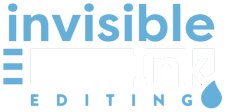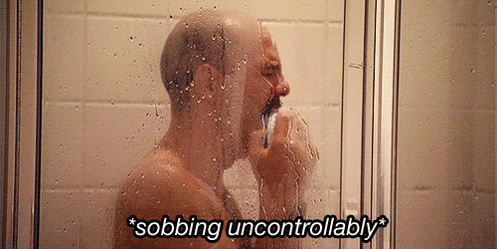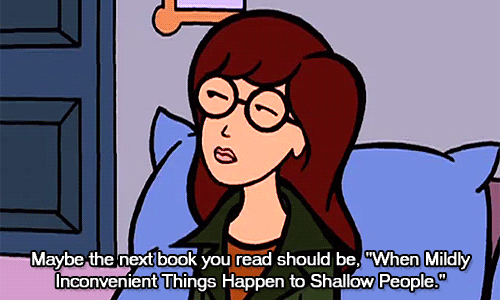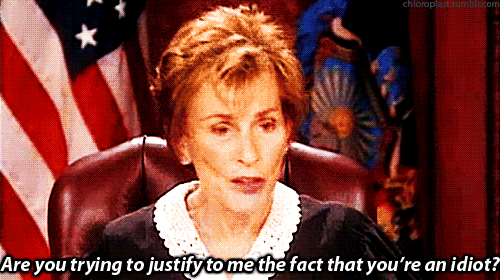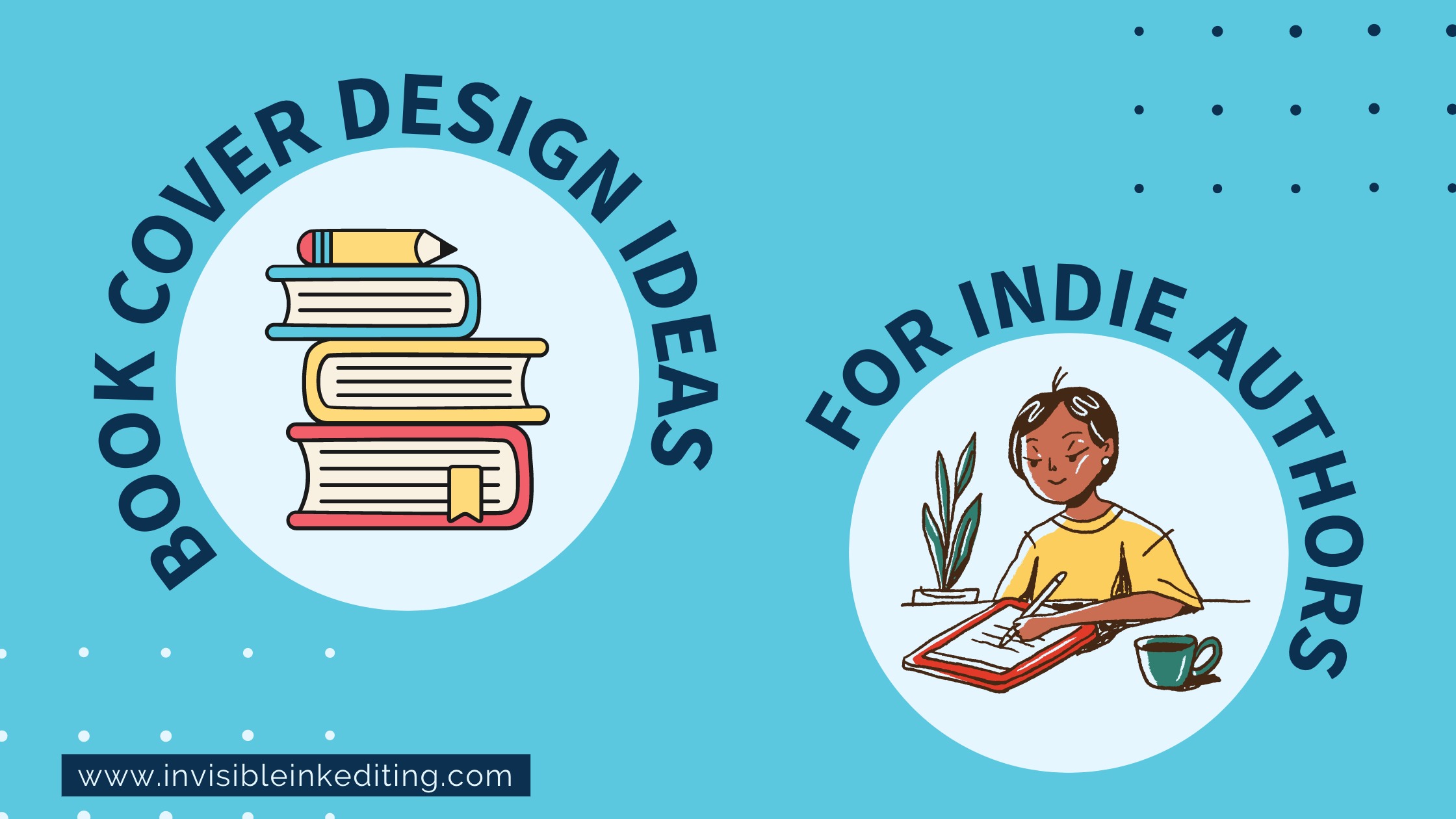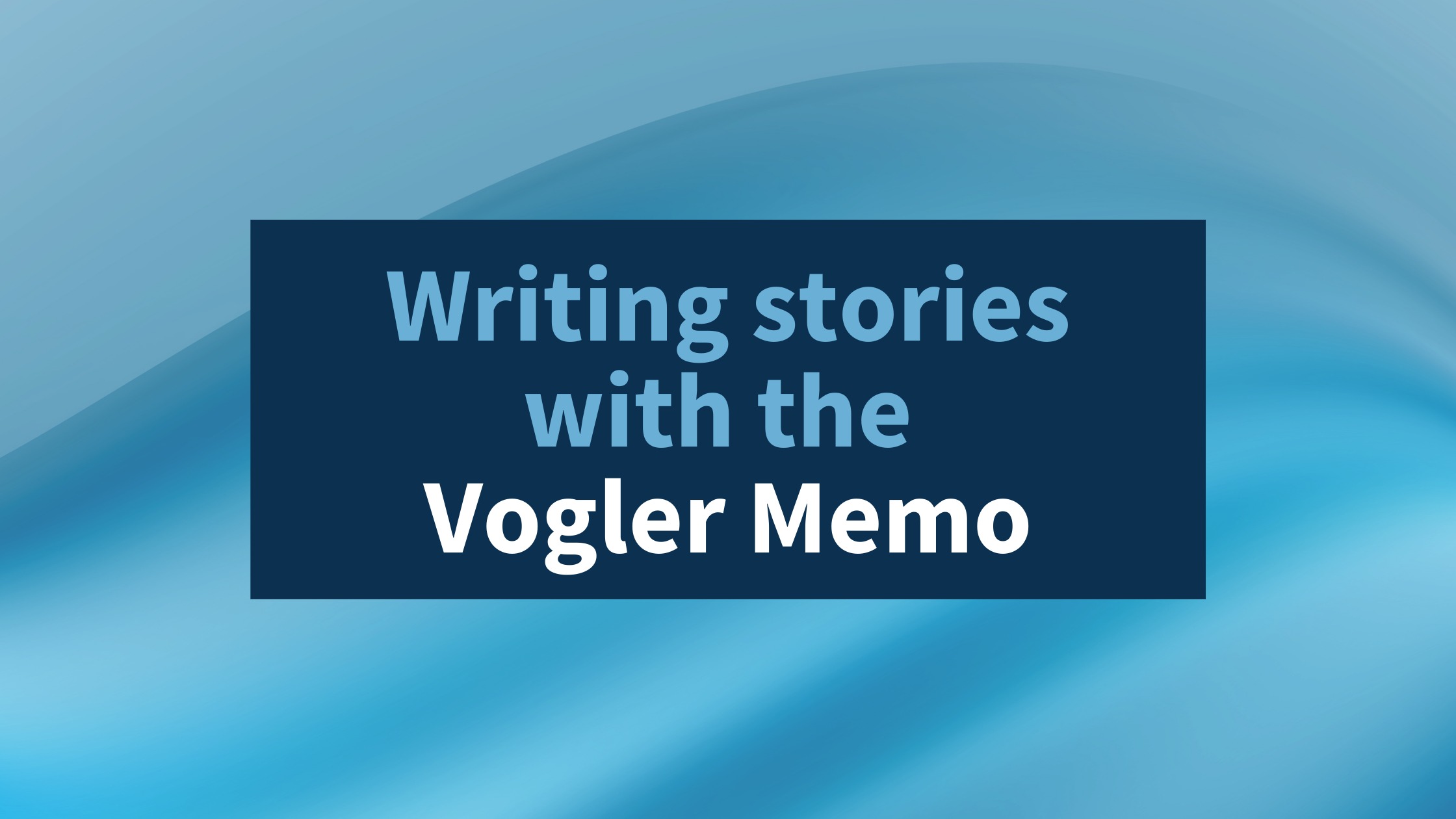If the pen is mightier than the sword, it stands to reason writers can be more courageous than knights. However, there isn’t a writer alive (or dead, for that matter) who hasn’t felt some fear when working on and publishing a novel.
Some fears can help you closely examine your work and improve your quality, while others are completely useless. Here are five common fears among writers, and the reasons you should try to get over them as soon as possible:
1. No one is ever going to read this
This may be the most common fear among authors, and it’s also the most challenging to overcome. Many famous authors were convinced they would never make it big–and they had the evidence to prove it! Gone with the Wind was rejected thirty-eight times, and that’s just one example.
Of course you want people to read your novel, and while there’s no guarantee it will sell, the self-publishing industry, coupled with social media, makes it easier than ever to find your audience. But if you’re only writing so others will read your work, you’re short-circuiting the process. Write because it feels good. Write to express yourself. If you do that well, the readers will follow.
2. I don’t know how to [fill in the blank]
What’s your writing weak point? Maybe you struggle with dialogue, or you just can’t seem to really capture the description of your setting. All writers have strengths and weaknesses, which is part of what makes it so exciting to read different authors.
If you are convinced that you fundamentally don’t know how to do something writing-related, however, you are lying to yourself. Like any skill, writing is honed through practice. If there’s something you’re not good at, then find a way to focus on it. Join a workshop, ask your editor for advice, or just give yourself a writing prompt centered on your weakness. Saying you simply can’t do it is a lazy excuse!
3. My novel doesn’t have any depth
There are two ways to overcome this fear, which is something many authors worry about. First, consider whether depth is really what you’re going for. If every book were as full of meaning as The Grapes of Wrath, then the world would be a much drearier place. Some genres, like romance, erotica, or action, are more about having fun than making astute observations or questioning the meaning of life.
But if you are aiming for depth, consider this: The only way to truly know if your novel has depth is to show it to others. Your beta readers, editors, or peers will be able to give you feedback that will indicate whether you’ve gotten your message across. If they don’t interpret what you intended, then you have two options: Find peace with the meaning you unintentionally put on the page, or, during your next round of edits, use their feedback to tease out the meaning you wanted.
4. My editor thinks I’m an idiot
Show me an editor who makes you feel like an idiot, and I’ll show you a person who’s in the wrong line of work. The reason we editors choose this career path is for the love of helping authors revise, improve, and succeed. We are not here to make anyone feel bad about his work, and if you find your editor is being cruel or unhelpful, it’s time to send her the pink slip.
This does not mean your editor will sugarcoat her feedback. You’re paying for a service that shines a light on the areas of your work that need more attention, and with a good editor, that’s what you’ll get. However, honest feedback shouldn’t come with insults, humiliation, or didactics.
5. I have no idea how to publish
The publishing industry is notorious for being a labyrinthine nightmare, but times have changed. Thanks to the advent of e-readers, publishing your work has never been easier. What’s more, there are individuals out there who specialize in helping you get published, and they’re usually a lot cheaper than the book agents of yesteryear.
Publishing through Amazon or CreateSpace is as easy as clicking a few buttons (literally!). On top of that, there are myriad small publishers out there who make it simple to send in submissions–without those extra fees or silly snail-mail requirements. The thought of getting your work out there may be intimidating, but the avenues to publication are open and ready to be explored.
